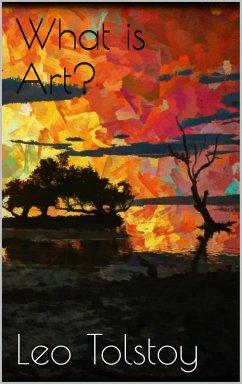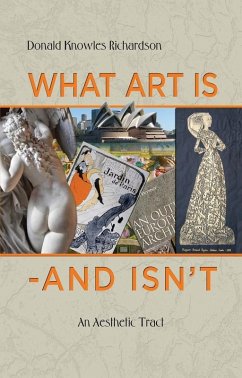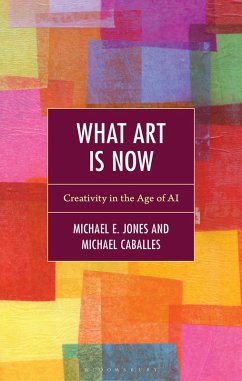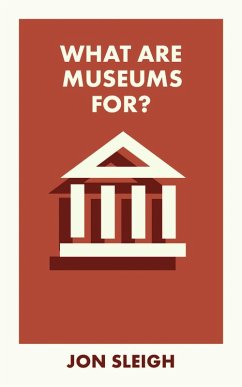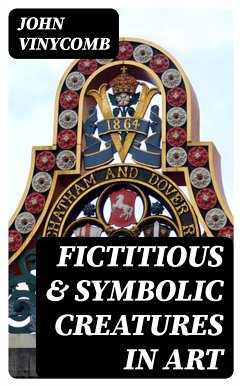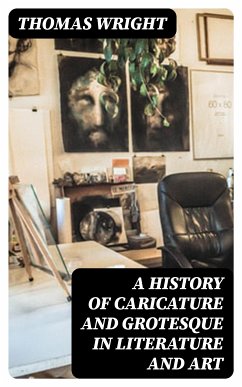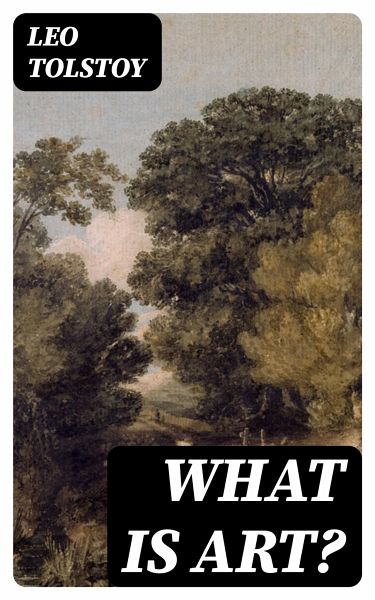
What Is Art? (eBook, ePUB)
Including "Wherein Is Truth in Art?"
Übersetzer: Maude, Louise; Hapgood, Isabel; Dole, Nathan Haskell; Maude, Aylmer

PAYBACK Punkte
0 °P sammeln!
In "What Is Art?", Leo Tolstoy embarks on a profound exploration of the nature and purpose of art, questioning its societal functions and moral implications. This seminal treatise combines philosophical insight with Tolstoy's distinctive narrative style, marked by clarity and simplicity. He critiques contemporary trends in art, arguing for a more authentic expression of human experience that transcends mere aesthetic pleasure. Positioned within the context of 19th-century Russian thought, the work engages with prevailing notions of beauty and elitism, advocating for art that fosters universal ...
In "What Is Art?", Leo Tolstoy embarks on a profound exploration of the nature and purpose of art, questioning its societal functions and moral implications. This seminal treatise combines philosophical insight with Tolstoy's distinctive narrative style, marked by clarity and simplicity. He critiques contemporary trends in art, arguing for a more authentic expression of human experience that transcends mere aesthetic pleasure. Positioned within the context of 19th-century Russian thought, the work engages with prevailing notions of beauty and elitism, advocating for art that fosters universal connection and empathy. Tolstoy, a literary giant renowned for masterpieces such as "War and Peace" and "Anna Karenina," was deeply influenced by his personal spiritual journey and commitment to moral values. His disillusionment with the artistic elite, coupled with his yearning for a more genuine and accessible form of expression, prompted him to write this insightful critique. His exploration not only reflects his own artistic philosophy but also his belief in the transformative power of art as a vehicle for social change and human solidarity. Readers fervently interested in the relationship between art and morality will find "What Is Art?" essential. Tolstoy's rigorous yet accessible arguments encourage reflection on the societal responsibilities of both the artist and the audience. This book invites its readers to reconsider their understanding of cultural production, making it a vital addition to the libraries of artists, philosophers, and anyone seeking to grasp the moral dimensions of creativity.
Dieser Download kann aus rechtlichen Gründen nur mit Rechnungsadresse in A, B, BG, CY, CZ, D, DK, EW, FIN, F, GR, H, IRL, I, LT, L, LR, M, NL, PL, P, R, S, SLO, SK ausgeliefert werden.




